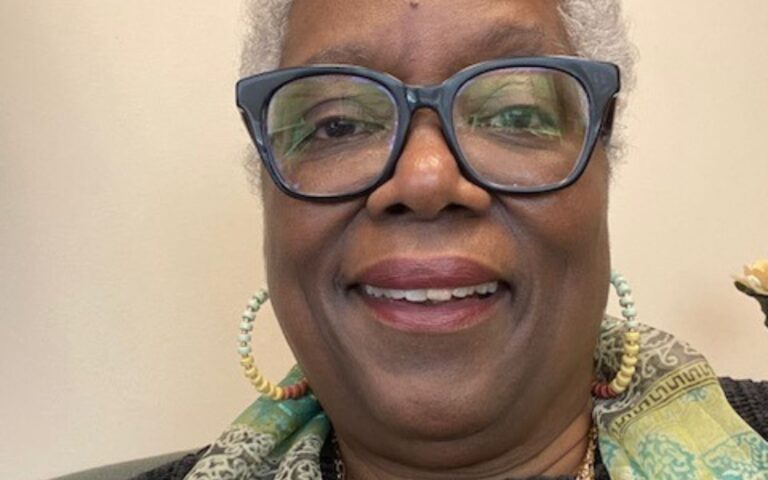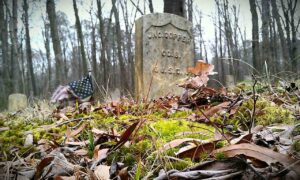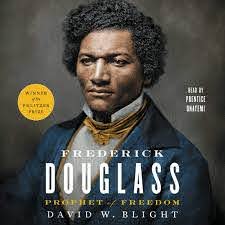Harriette Lowery, a seventh-generation descendant of an enslaved African on the Wye Plantation, proudly tells the story of her ancestors and how their legacy of faith, strength, and dignity has taught her so much about integrity, giving, and love.
History shows that in 1863, when Lincoln allowed blacks to fight in the war, more than 100 from this area enlisted. Only 18 of the 100 heroic “colored” soldiers survived the war to return home in 1867 to lay the foundations for the village of Unionville. At the time, the Quaker owner of the Lombardy Plantation, Ezekiel Cowgill (also a war veteran), leased each of the 18 parcels of land for $1 dollar a month for 30 years. They acquired a school and, in 1882, built the St. Stephens AME Church, which still stands with an active congregation.
Buried in the Church’s cemetery are the 18 former slaves and free men of color who were also soldiers in the United States Colored Troops of the Union Army, those who founded the African-American village of Unionville in Talbot County over 138 years ago.
The story picks up again in 1998, when Harriette and her husband Eric moved from Baltimore to her grandmother’s home in Unionville. They launched into a search for the family’s history, sparked by finding a portrait in the house; it turned out to be Agues Demby Green, Harriette’s great-grandmother!
This course will focus on how she learned the history of the community of her grandparents through research and oral history, and what has happened to the village of Unionville over the past 138 years, particularly the church and the school. Importantly, she will continue by discussing our responsibility in preserving the history of Unionville and plans for the future.
What to Expect:
Harriette hopes that this course will encourage others to research, discover, record, pass on, and preserve their families’ history. “I want other descendants of slaves to never let the story of the past define who we are; to know we are much more than the sum of what TV says we are. We are much more than the negative labels people try to place on us. I want them to never give up or give in; but stand up and be the very best they can be.”
Course Links:




